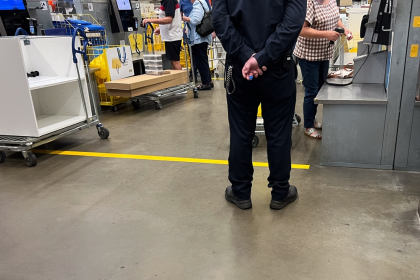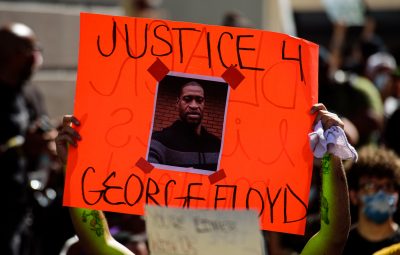
Lawrence McKinney had the prime years of his life stolen from him by the justice system. In 1978, Mckinney was arrested and convicted of a rape and burglary in Memphis, Tennessee. According to CBS News, McKinney was one of two men identified by the victim. McKinney was eventually sentenced to 115 years in prison.
But after serving 31 years behind bars, scientific evidence proved that McKinney was not a suspect in the crime. DNA testing performed in 2008 made it obvious to prosecutors that there was no way that he was involved. Had the DNA testing been present during the initial trial, McKinney would not have been convicted.
According to the Innocence Project, over 72 percent of wrongful convictions involved eyewitness misidentification. There is also faulty work by prosecutors and investigators.
One year after the DNA evidence came to light, McKinney was released from prison and given $75. At 60 years old, he couldn’t find steady employment due to his lack of job skills and age. But McKinney soon discovered that he had an opportunity to get compensated for $1M.
Tennessee’s exoneration law states, “A maximum of $1 million for the entirety of a wrongful incarceration. The board of claims, shall consider the person’s physical and mental suffering and loss of earnings.”
However, McKinney has yet to receive compensation because of poor judgment by the Tennessee parole board. A member of the parole board, Patsy Bruce, claimed that she didn’t believe that he was innocent and ignored DNA evidence. It’s obvious that individuals such as Bruce should not be allowed to have such a position. By injecting her personal feelings into the case, she is basically ignoring the law. It’s illegal for her and other members of the parole board to deny McKinney compensation when DNA evidence proved that he was innocent of the crime.
McKinney is currently appealing his case for compensation to Gov. Bill Haslam. The governor could be Mckinney’s last hope. The governor is set to review the evidence and make a decision.
















